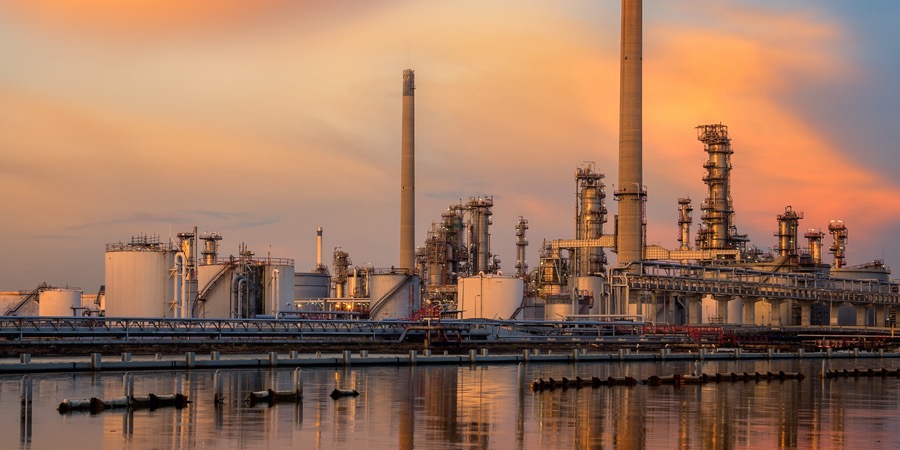Denbury Inc. has announced that its subsidiary, Denbury Carbon Solutions, LLC. has executed a CO2 Services Agreement with Clean Hydrogen Works (“Clean Hydrogen”). Under the definitive agreement, Denbury will transport and sequester CO2 captured from Clean Hydrogen’s planned hydrogen-ammonia complex in Ascension Parish, Louisiana, which is anticipated to be built less than two miles from Denbury’s existing CO2 pipeline network.
The planned clean hydrogen-ammonia complex, Ascension Clean Energy (“ACE”), is expected to include two world-scale ammonia blocks with estimated ammonia production totaling 7.2 million tons of ammonia per year. Approximately 75 percent of the planned ammonia production volume is supported by letters of intent offtake agreements with high-quality purchasers.
The proposed facilities are to be constructed on a 1,700-acre site on the west bank of the Mississippi River in Donaldsonville, Louisiana, an ideal location for exports. The two ammonia blocks are currently projected to start up in a staged approach, with Block 1 production anticipated to commence in 2027. A final investment decision on the project is anticipated in 2024.
Key highlights of Denbury’s agreement with Clean Hydrogen include:
- Denbury has the exclusive right to transport and sequester all of the CO2 captured at ACE for a period of 12 years following startup, with multiple extension options.
- Captured CO2 volumes are estimated to be approximately 12 million metric tons per year (“mmtpa”), comprised of 6 mmtpa from each of the two ammonia blocks.
- Permanent, secure underground storage of the CO2 is anticipated in one or more of Denbury’s sequestration sites located in close proximity to Denbury’s CO2 pipeline infrastructure.
- Denbury has invested $10 million into the ACE project through an investment in Clean Hydrogen and has committed to invest another $10 million when certain project milestones are achieved.
With this agreement, the cumulative volumes of CO2 transportation and storage services agreements entered into by Denbury total 20 mmtpa, double the Company’s cumulative goal to reach 10 mmtpa by the end of 2022.
Chris Kendall, Denbury President and CEO, commented, “We are excited to work with Clean Hydrogen Works and the State of Louisiana on this important clean energy project that aligns with our mission to sustainably deliver energy that the world needs. Our existing CO2 pipeline infrastructure along the Gulf Coast, part of the largest owned and operated CO2 network in the United States, is perfectly situated to handle the CO2 emissions from this massive project and to ensure that the carbon captured is safely transported and secured in underground storage. We look forward to creating significant value with our partners, for our shareholders, and for the local and state economies of Louisiana.”
Mitch Silver, SVP and COO of Clean Hydrogen Works, stated, “We look forward to working with industry leader Denbury to develop the ACE Project, using innovation to meet global demand for clean and affordable energy. Denbury’s track record for safely and efficiently transporting and storing CO2 makes them an ideal partner in this exciting endeavor to provide a cost-effective and scalable pathway to decarbonize our use of energy.”
The ACE project is expected to generate up to 350 permanent and 1,500 peak construction jobs, benefitting the Louisiana economy. As part of the planning process for the project, Denbury and Clean Hydrogen have been meeting with local and state regulatory officials and community stakeholders to provide an overview of the economic and environmental benefits of the proposed facilities and carbon capture and storage operations.
“Blue” ammonia results when the CO2 emissions that otherwise would have been vented into the atmosphere during the process of making ammonia are instead captured, transported and permanently stored underground in secure geologic formations. Demand for “blue” ammonia is anticipated to grow significantly as a decarbonized energy source for hard-to-abate industries, both for its hydrogen content and as a fuel itself, as it does not emit carbon when combusted.
For more information visit www.denbury.com
















